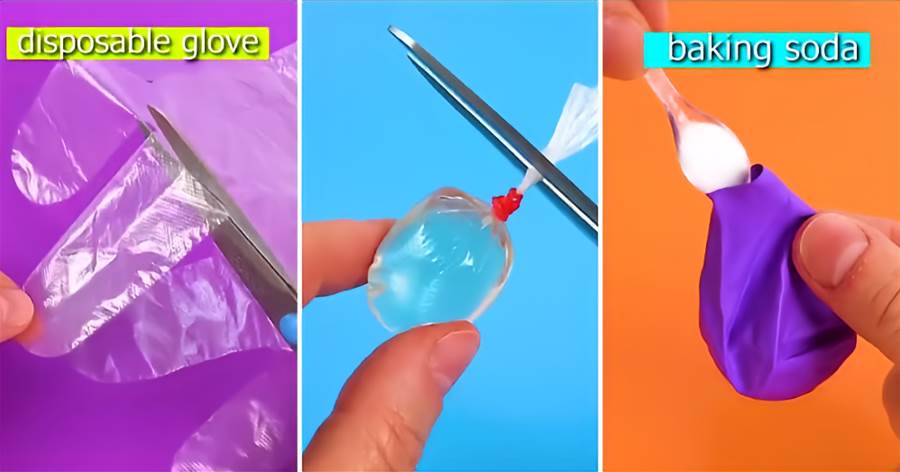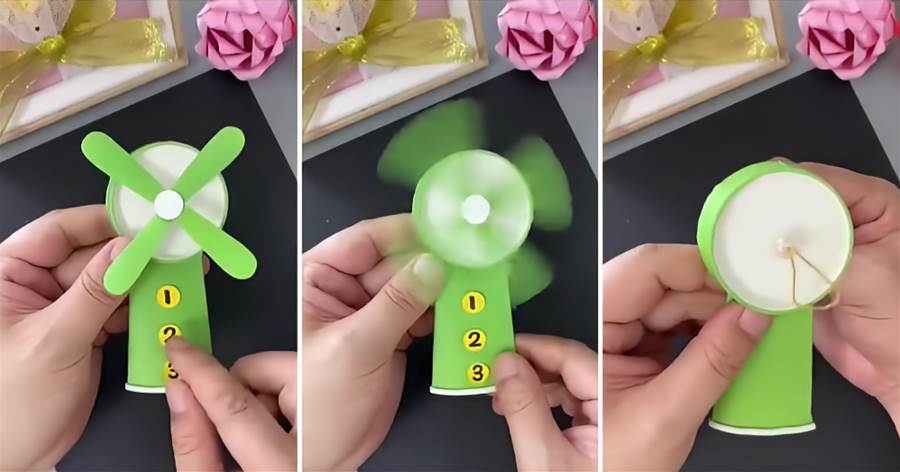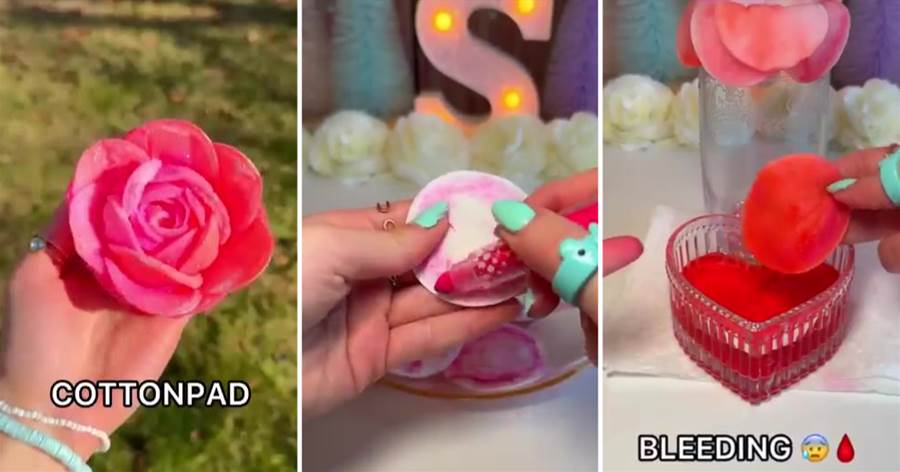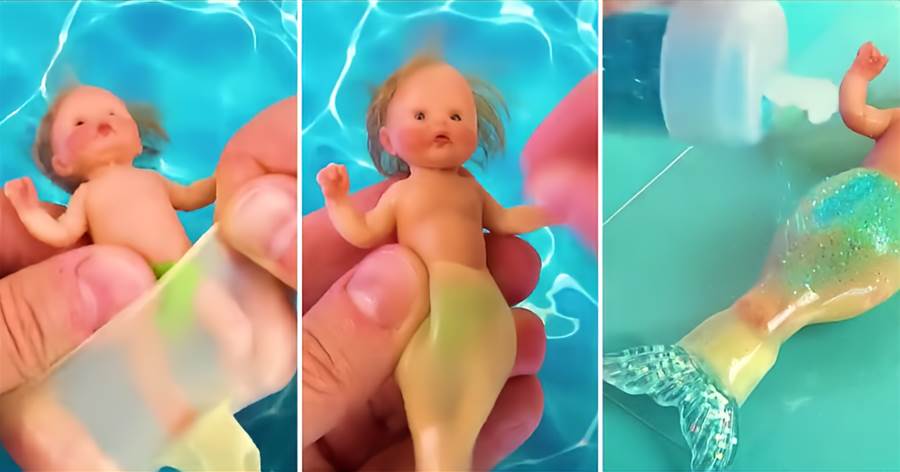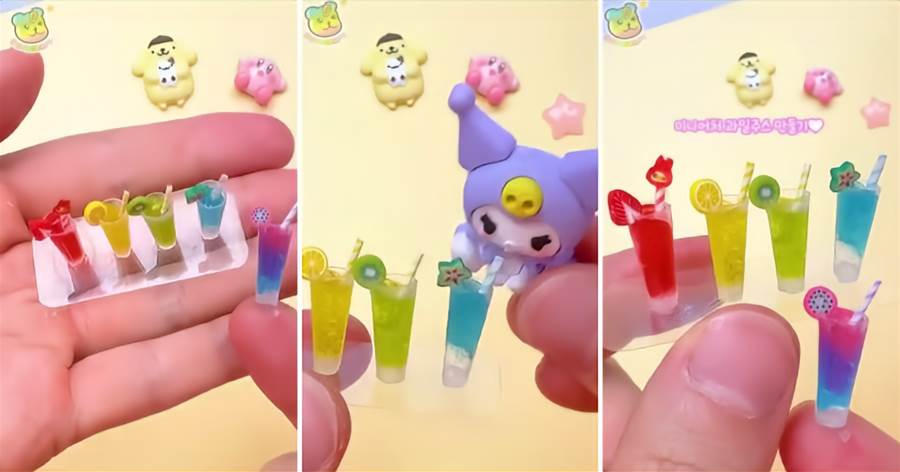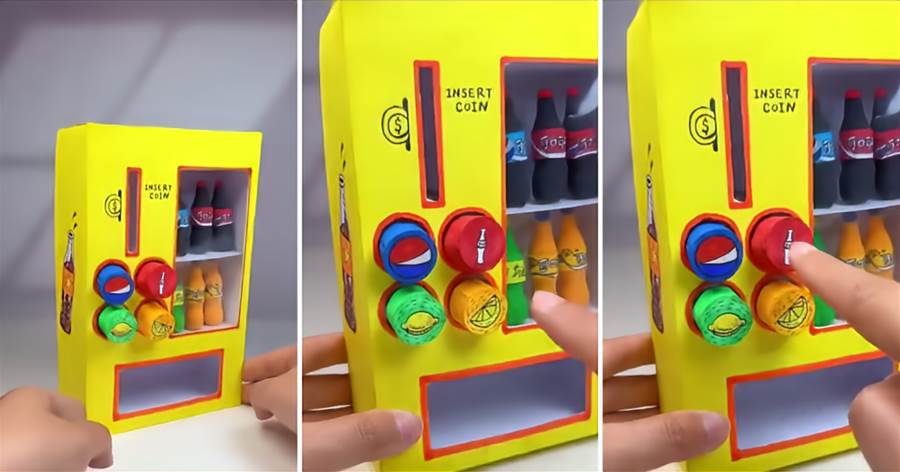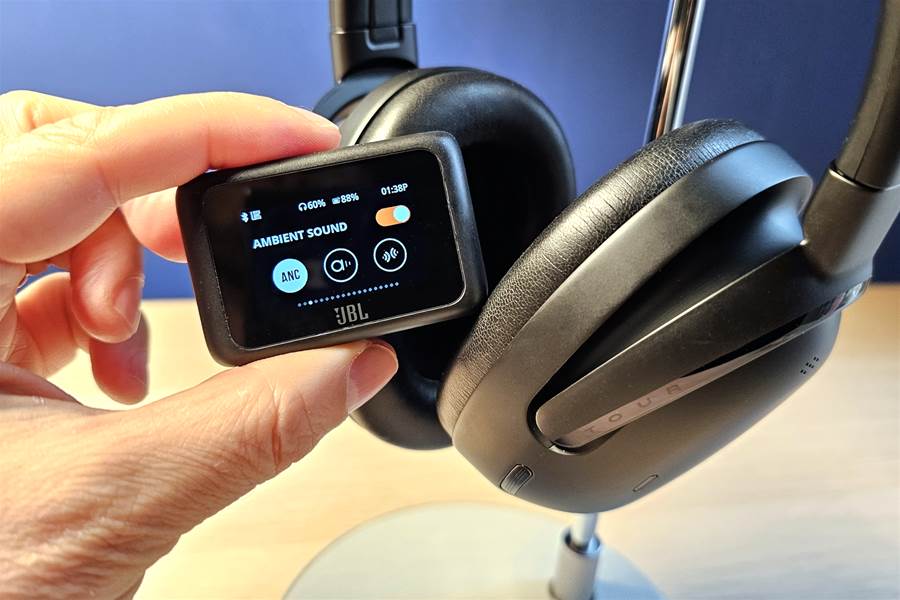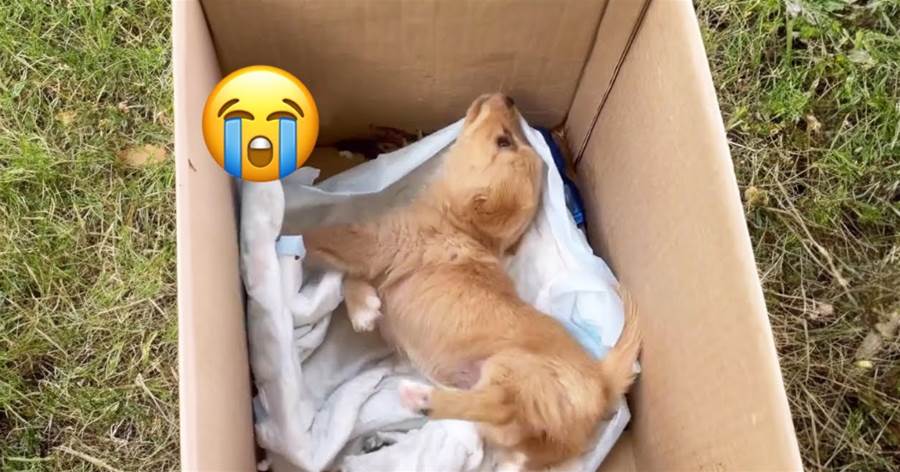
Imagine a little ball of fur, full of life and curiosity, suddenly finding itself at the mercy of a world not ready to treat it with the care it deserves.
In a park bustling with laughter and joy, a small puppy suffered an ordeal that no innocent creature should ever endure.
The sun shone brightly as children played, their laughter echoing against the trees. Among them was a playful puppy, wagging its tail with uncontainable excitement. However, the playful nature of kids sometimes blurs the line between fun and carelessness. In their exuberance, the children began treating the puppy like a toy—tugging at its ears, tossing it into the air, and not recognizing the signs of distress.
For three long days, the puppy cried out, its little body bearing the weight of a head injury that went unnoticed. The kids, oblivious to the puppy's pain, continued their games, unaware that their actions had caused harm. "Look! It likes this!" one child exclaimed as they tossed the puppy, not realizing the damage they were inflicting.
Head injuries in dogs can manifest in various ways, from concussions to more severe conditions like skull fractures.
Symptoms can include lethargy, vomiting, and unusual behavior. For puppies, whose skulls are still developing, the risk is even higher. According to veterinary experts, small breeds and young pups are particularly vulnerable to concussions due to their thinner skull bones.
When head trauma occurs, it’s crucial to monitor the dog closely for any signs of distress. "If your puppy is whimpering or seems out of sorts, it's a sign to get help immediately," a veterinarian advises. The signs may not always be obvious, and delayed treatment can lead to serious complications.
Fortunately, the puppy’s cries did not go unheard. A compassionate passerby noticed the sad little creature struggling to stand and rushed it to the veterinarian. “I couldn’t just walk away,” the rescuer said, tears welling in their eyes as they recalled the scene.
At the veterinary clinic, the puppy received urgent care. Initial assessments revealed a concussion, and the little one was put on IV fluids and anti-inflammatory medications to reduce swelling and alleviate pain.
“We need to keep a close eye on it,” the vet explained, stressing the importance of rest and recovery.
The road to recovery was not an easy one. The puppy had to undergo regular check-ups, and the vet recommended a quiet space away from the chaos of everyday life. "We often forget how delicate they are," the vet remarked, gently stroking the puppy’s head.
As days turned into weeks, the puppy slowly regained its strength. With the right care and love, it started to play again, albeit with a little more caution.
This resilient spirit reminded everyone that love and compassion can heal even the deepest wounds.
The story of this puppy serves as a powerful reminder of the responsibility that comes with caring for a pet. Children need to learn the importance of gentle play, understanding that a puppy is not a toy but a living being that feels pain and joy.
"Let’s treat our furry friends with respect," a local animal shelter director urged during a community gathering, highlighting the need for education on pet care.
As more stories like this unfold, it becomes evident that awareness and compassion are essential to prevent such incidents in the future.
Have you ever witnessed a situation where a pet was treated carelessly? What steps do you think should be taken to educate children about proper pet care? Share your thoughts and experiences in the comments below!

